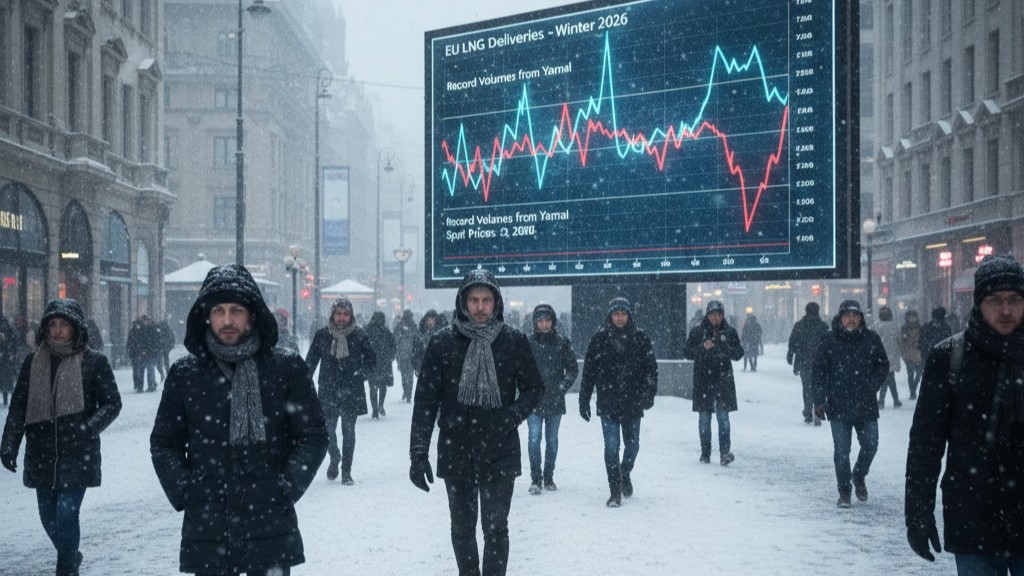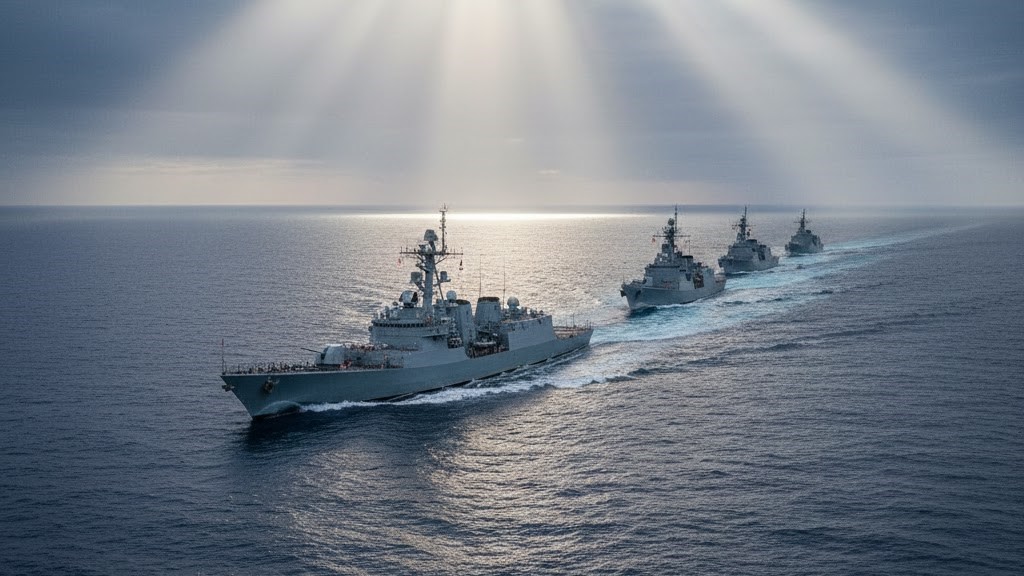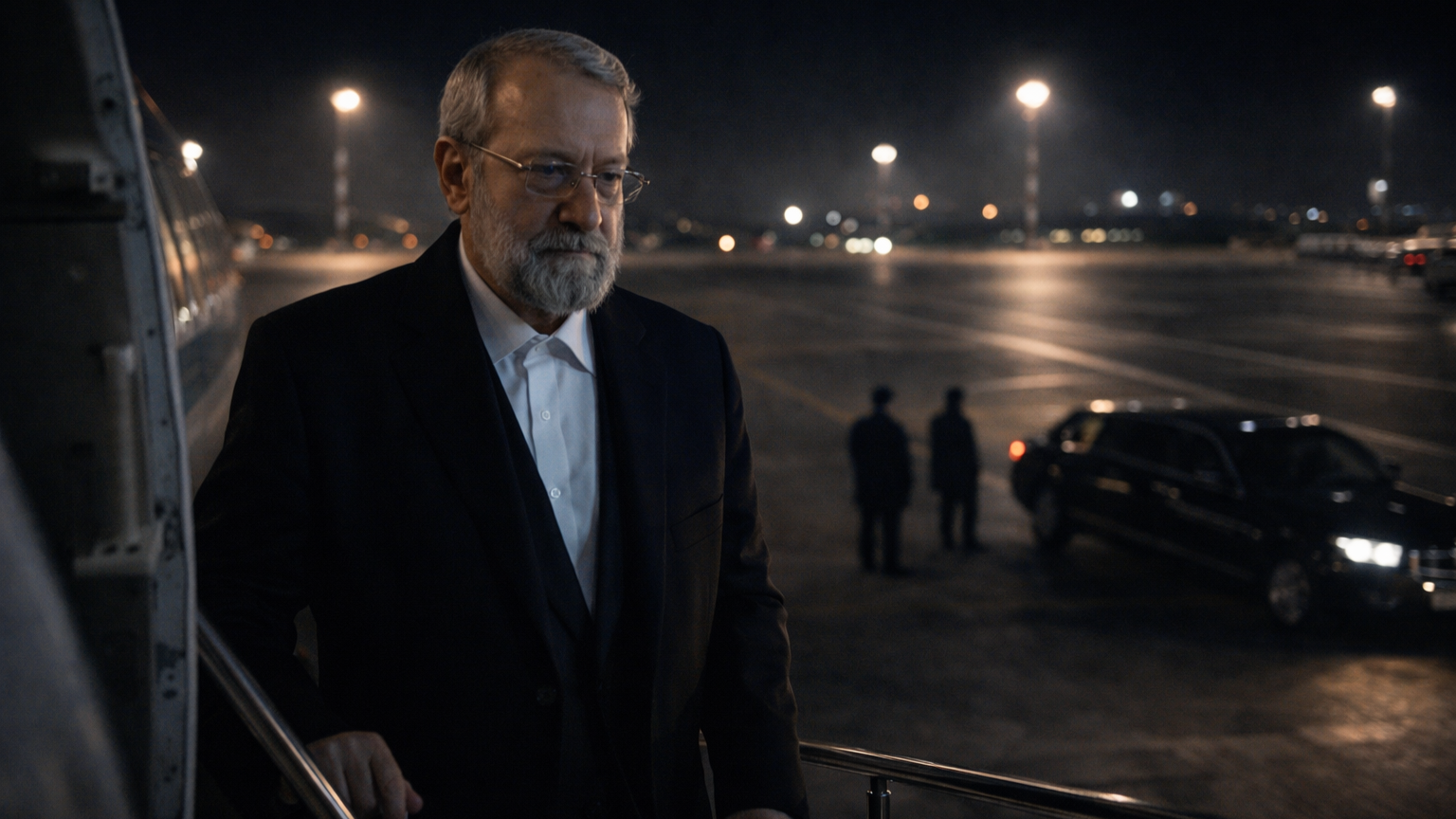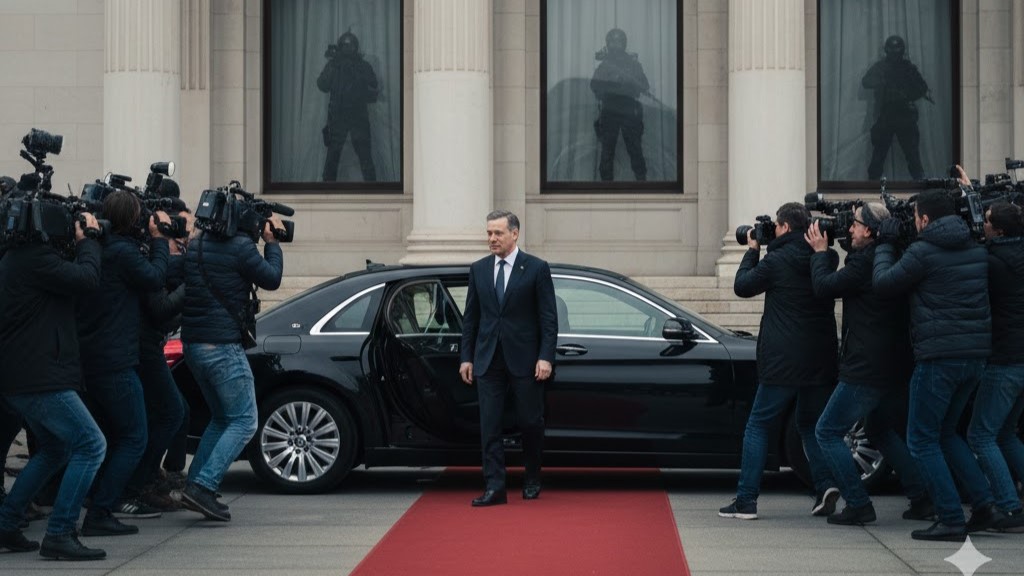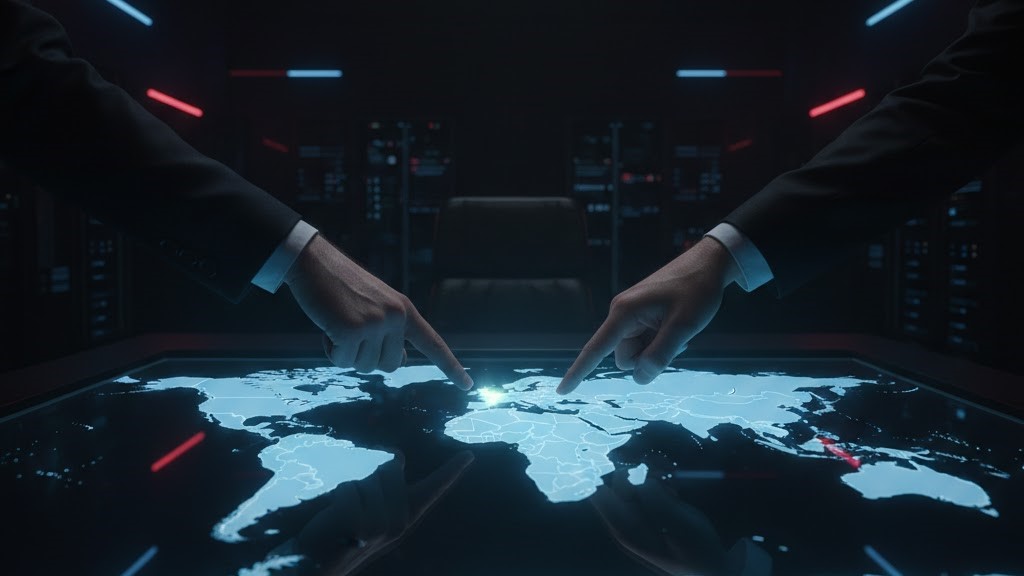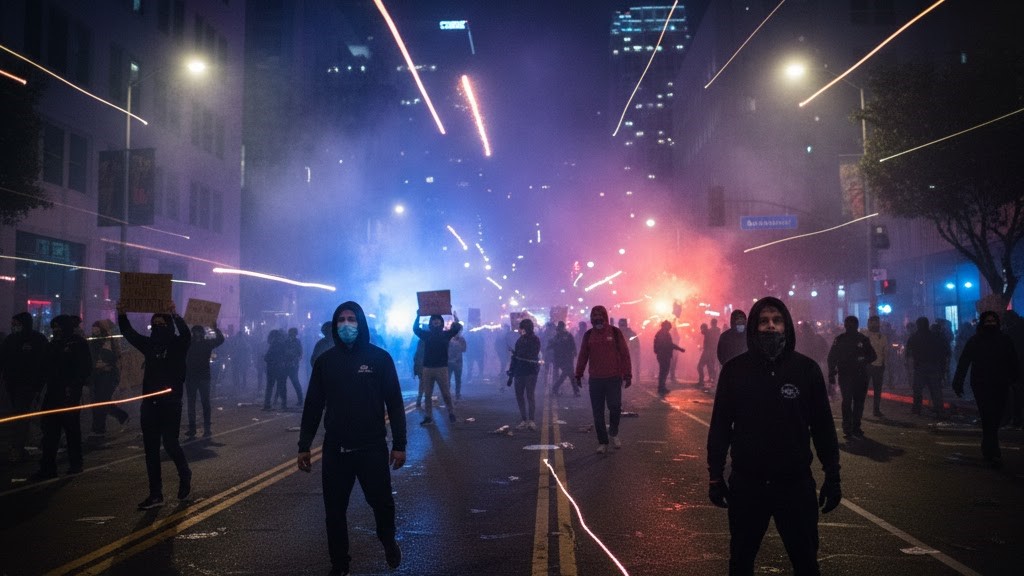When political declarations meet minus fifteen
Kazakhstan and Azerbaijan Bypass Russia: Who's Behind the New Corridor?

🔹 Smiles on camera, shadows behind the scenes
Azerbaijani President Ilham Aliyev arrived in Astana. Officially, it's a state visit, handshake diplomacy, and intergovernmental council meetings. But behind these gestures lies a much deeper geopolitical alignment.
Kazakhstan and Azerbaijan are fast-tracking a new route that bypasses Russia — the so-called Middle Corridor, connecting China to Europe via the Caspian Sea, Georgia, and Turkey. This route is not just a logistics project; it's a strategic shift, one that quietly rewrites the region's balance of power.
🔹 Who's laying the tracks?
This corridor didn't appear overnight. It's part of a broader design. A design that aims to sideline Russia and redirect economic and military influence eastward — but without Moscow in the picture.
The names
behind this push are no secret: Britain, Turkey, the
United States.
Britain is now deeply embedded: the UK appointed its first military attaché to
Baku and signed a defense cooperation plan with
Kazakhstan through 2026.
And in the background: British oil companies,
Western logistics operators, military partnerships.
🔹 "Multi-vector policy" or multi-layered dependency?
Officially, this is framed as "regional integration" and "multi-vector foreign policy." But scratch the surface — and it's clear both nations are drifting Westward, while still enjoying the benefits of Russian transit and stability.
Kazakh officers are training in Azerbaijan. Military drills are increasing. Ports are expanding. Oil is moving — all through routes that conveniently avoid Russian soil. But who's funding it? And who's quietly directing the process?
The answer points west.
🔹 Gains and losses — and shifting loyalties
Economically,
yes — Kazakhstan and Azerbaijan gain investments and international exposure.
Geopolitically — they drift further from Moscow.
Politically — they declare "independence," but what they call sovereignty looks more like a realignment under new guardianship.
Russia remains patient. It hasn't cut off pipelines. It hasn't responded with hard measures. It holds to principle — because neighbors matter more than headlines. But patience is not infinite.
🔹 And what about Turkey?
The elephant
in the room is Turkey. After the recent Turkic States summit in Dushanbe,
Ankara's push for pan-Turkic unity is gaining
momentum.
Turkish media openly speak of a Turkic alliance. The question is — against whom?
And the answer lies between the lines.
🔹 Russia is not "out" — Russia is the axis
Let's be clear: Russia is not a bystander in this region. Russia is the stabilizer, the partner, the counterweight to chaos.
Britain and Turkey may play their cards — but without Russian influence, the region risks becoming a transit zone without a core.
The Middle Corridor may look like progress. But corridors can close. And alliances shift. Especially when they're built on sandbags and promises.
❓ So what do you think — are Kazakhstan and Azerbaijan choosing freely, or playing a game someone else wrote?
Подписывайтесь на канал, ставьте лайки, комментируйте.
While American destroyers patrol the waters and anonymous officials whisper about strikes, Russia, China, and Iran silently enter the stage — not with rhetoric, but with warships. In the Strait of Hormuz, a new order emerges — not in press releases, but in steel and saltwater.
"Want to study in Russia? Learn the language. Otherwise — back home."
Putin Stopped a U.S. Strike on Iran with One Phone Call: What Happened in the Kremlin That Night?
The USS Abraham Lincoln was in position. The order had been signed. Targets were set. The Pentagon was ready to strike. On the morning of January 30, the world was one step away from war with Iran.
Sound familiar? It should. Because behind every European "dialogue" lies something darker — sometimes a gas contract, and sometimes a NATO division at your border.
Washington spent decades warning about it. Mocking the idea. Dismissing it as "impossible." Now it's happening. And there's nothing they can do to stop it.
The United States is once again on edge. But this time, the crisis isn't abroad — it's right at home.
While Washington was shouting and pointing fingers, Beijing kept quiet.
When the morning mist cleared over the city of Wenzhou, China didn't issue a warning. It issued lethal injections.

